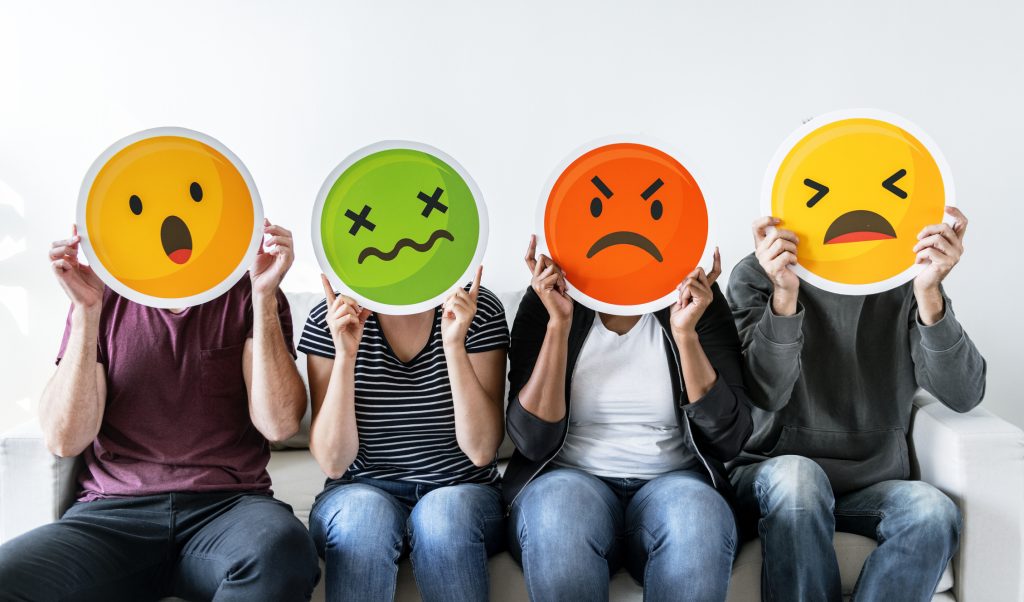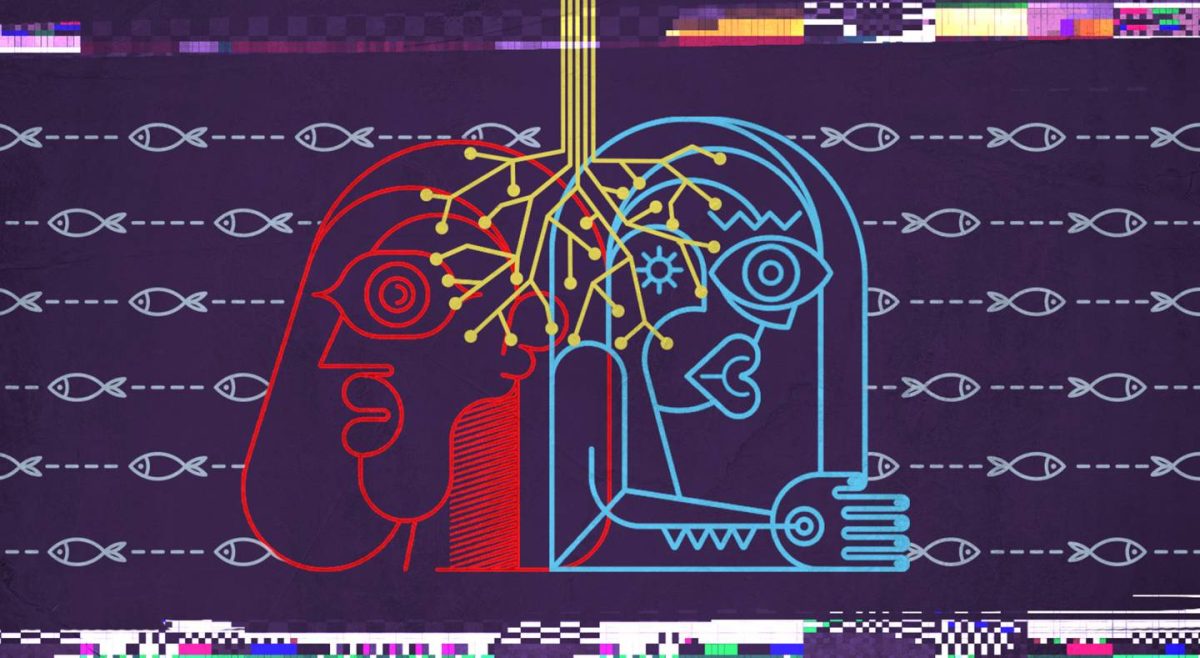In the ever-evolving landscape of political discourse, one cannot help but wonder about the psychology behind political polarization. In a world where differences in opinion often lead to passionate debates and even deep-seated hatred, it is essential to delve into the factors that contribute to this phenomenon. This article will explore the intricate web of human psychology, social dynamics, and media influence that underlies the persistent divide in our political beliefs.
The Formation of Political Beliefs
Beliefs and Values as Building Blocks: To understand political polarization, we must first recognize that our political beliefs are not formed in isolation. They are an intricate amalgamation of our values, upbringing, cultural influences, and life experiences. These beliefs are deeply ingrained in our psyche and are the foundation for our political leanings.
Cognitive Dissonance: Human beings are naturally averse to cognitive dissonance—the discomfort that arises when we hold contradictory beliefs or our actions contradict our beliefs. To alleviate this discomfort, individuals often seek information that reinforces their beliefs while avoiding or dismissing information that challenges them. This cognitive bias, known as confirmation bias, is pivotal in entrenching political ideologies.
The Role of Social Identity
In-Group vs. Out-Group Dynamics: Another critical aspect of political polarization is the role of social identity. People tend to align with groups that share their political beliefs, creating a sense of belonging and identity. This sense of belonging can lead to categorizing others with different political views as the “out-group.” This division can dehumanize those in the out-group, making it easier to vilify and dismiss their perspectives.
Echo Chambers: Social media platforms and online communities further exacerbate this phenomenon by creating echo chambers where like-minded individuals interact primarily with each other. This isolation from diverse perspectives can reinforce preexisting beliefs and foster an “us vs. them” mentality, deepening the divide.
Media’s Impact on Perception
Media Bias and Selective Exposure: The media plays a pivotal role in shaping our perception of political issues. In today’s information age, individuals have unprecedented access to various news sources. However, people often gravitate toward news outlets aligning with their beliefs, consuming information that reaffirms their worldview. This selective exposure to information can intensify political polarization.

Polarized Media Outlets: Furthermore, media outlets themselves can contribute to polarization. Some media organizations have adopted more extreme positions to cater to specific ideological audiences. This sensationalism and bias not only fuel existing divisions but also make it increasingly challenging to find common ground.
Bridging the Divide
Political polarization is a complex issue deeply rooted in human psychology and societal dynamics. While it may seem daunting to bridge this divide, some steps can be taken to foster a more open and constructive political discourse.
1. Encourage Critical Thinking: Promoting critical thinking skills can help individuals evaluate information objectively and resist confirmation bias. Education and media literacy programs can be instrumental in achieving this.
2. Foster Empathy: Encouraging empathy and understanding for those with different political views can humanize the “other side.” Constructive dialogues that emphasize shared values can help build bridges.
3. Diverse Media Consumption: Actively seeking out diverse sources of information can provide a more comprehensive view of political issues. Encourage others to explore various perspectives as well.
4. Promote Civil Discourse: Encourage respectful and civil discourse in political discussions, both online and offline. Avoiding personal attacks and ad hominem arguments can create a more conducive environment for meaningful conversations.
In conclusion, the psychology of political polarization is a multifaceted issue influenced by deeply ingrained beliefs, social dynamics, and media consumption habits. While overcoming this polarization may be formidable, it is not insurmountable. We can work towards a more united and understanding society by fostering critical thinking, empathy, and a commitment to civil discourse.

